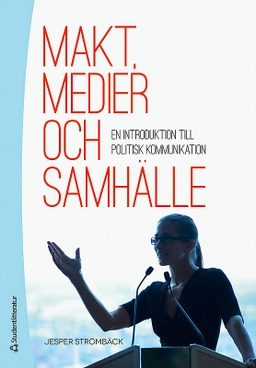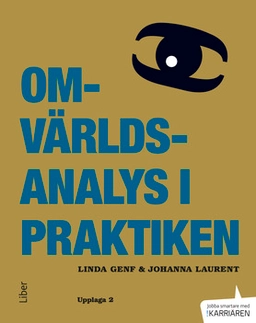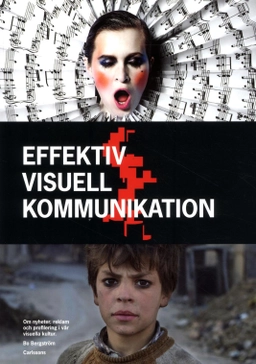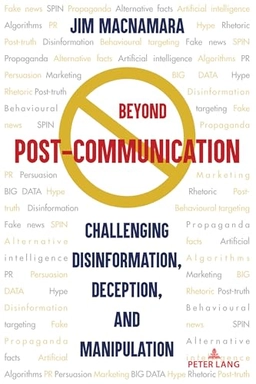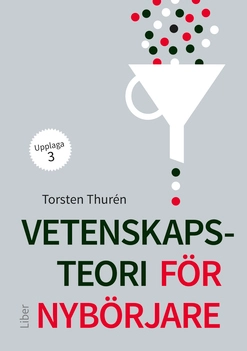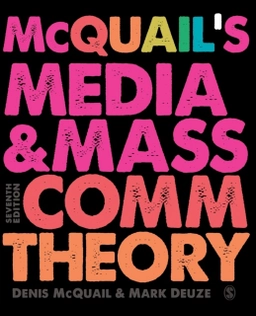The growth of the internet has been spectacular. There are now more 1.5 billion internet users across the globe, about one quarter of the world’s population. This is certainly a new phenomenon that is of enormous significance for the economic, political and social life of contemporary societies.
However, much popular and academic writing about the internet takes a technologically deterministic view, assuming that the internet’s potential will be realised in essentially transformative ways. This was especially true in the euphoric moment of the mid-1990s, when many commentators wrote about the internet with awe and wonderment. While this moment may be over, its underlying technocentrism – the belief that technology determines outcomes – lingers on, and with it, a failure to understand the internet in its social, economic and political context.
Misunderstanding the Internet is a short introduction, encompassing the history, sociology, politics and economics of the internet and its impact on society. The book has a simple three part structure:
Part 1 looks at the history of the internet, and offers an overview of the internet’s place in society Part 2 focuses on the control and economics of the internet Part 3 examines the internet’s political and cultural influence Misunderstanding the Internet is a polemical, sociologically and historically informed textbook that aims to challenge both popular myths and existing academic orthodoxies around the internet.
Åtkomstkoder och digitalt tilläggsmaterial garanteras inte med begagnade böcker




